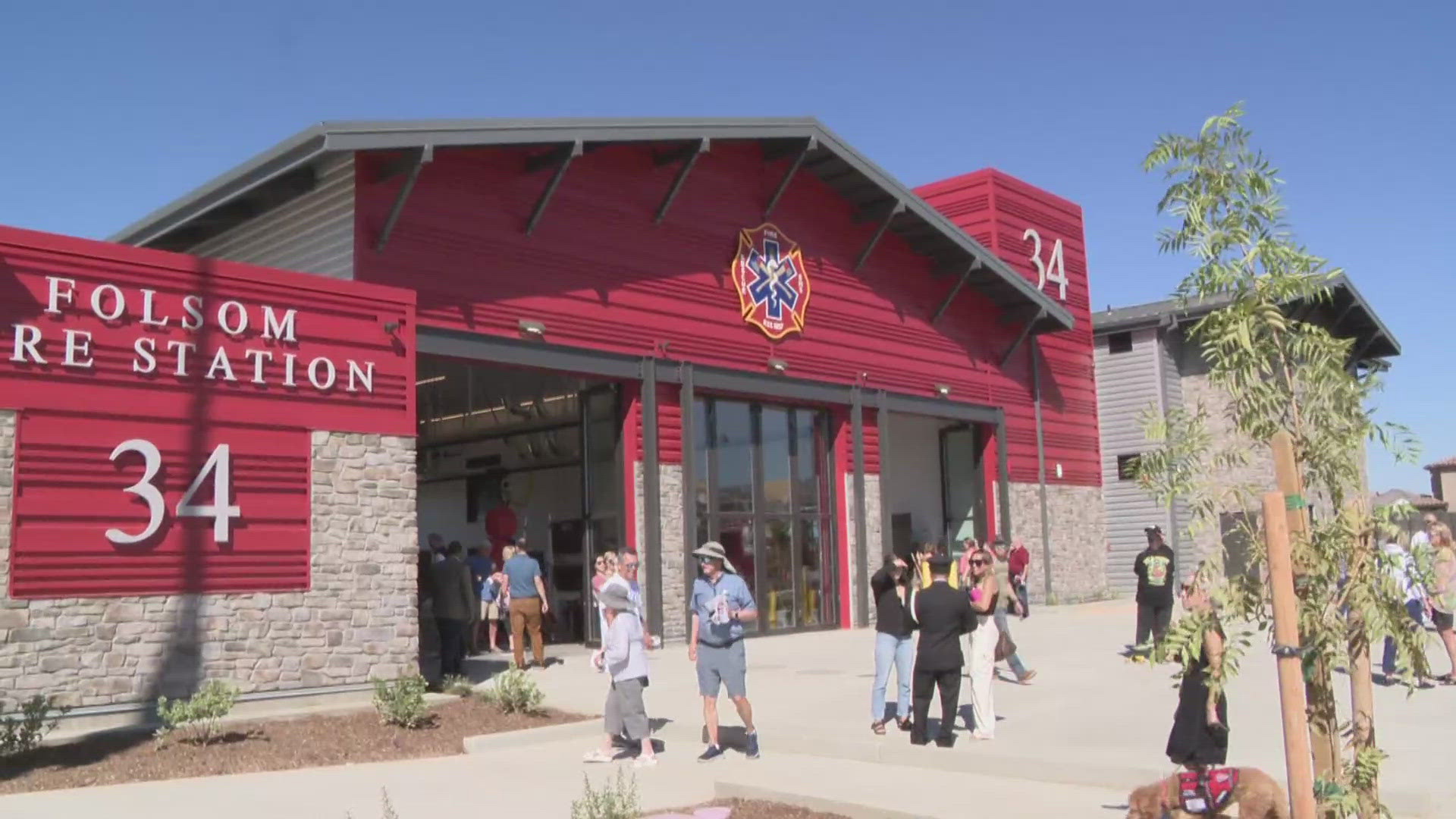FOLSOM, Calif. — Folsom will enforce its Historic District alley parking ban as early as next month, city staff said.
An increase of accessory dwelling units (ADUs), similar to tiny homes, in the Historic District means more vehicles are parking in the neighborhood's alleys, according to the city’s public works department. The alleys are reportedly not wide enough to allow for both parking and access by garbage trucks and emergency vehicles.
“No person shall park or leave standing any vehicle on the public portion of public alleyways within the Folsom Historic District,” the adopted ordinance reads. “Vehicles parked on private property adjacent to the public alleyway are not subject to this regulation.”
Folsom City Council banned alley parking at its meeting Tuesday in a 4-1 vote. Historic District ADU residents now need to park on nearby public streets or elsewhere, city staff said.
Staff reportedly first considered posting signage banning parking on waste-collection days, but those wouldn’t address emergency vehicle needs. As emergencies require access at all times, a blanket parking prohibition was explored, the city said.
Folsom resident Mike Sellitti, who lives in the neighborhood, took the lectern Tuesday to express his concern of the umbrella banning of alley parking.
“I get the need. By the way, I’m all for huge tickets,” Sellitti said. “My concern was the language of making it generally illegal to park in the alley by blanket banning any parking in the alley… I would just think it would save a lot of grief to have a more specific ordinance of ‘18 feet must remain clear at all times’ or ‘20 feet must remain clear at (all) times.’”
Mark Rackovan, Folsom’s public works director, said at the meeting the city doesn’t have the staff to prowl the alleys looking for offenders. When council met two weeks earlier on Oct. 8, Rackovan said the ordinance simply gives the city more flexibility to do its job.
“This isn’t intended to be an ordinance that’s going to unleash parking enforcement on a daily basis,” he said. “It’s intended to create a legal means for us when our drivers or our emergency vehicles are impeded (so) that we can cite repeat offenders and move those vehicles if we have to.”
The ordinance takes effect 30 days after adoption — or Thursday, Nov. 21 — however, Rackovan said the city "probably won’t do anything with it" until 2025 to allow the city clerk time to codify it into local law.



















